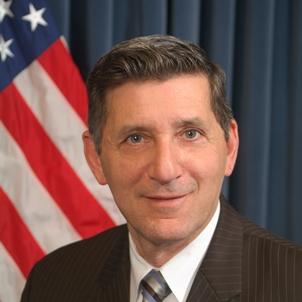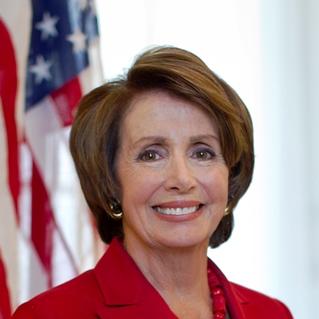
Denver, the Mile High City. Soon, you may be able to smoke marijuana in a club there. (wikipedia.org)
Chronicle AM: Denver Public Pot Use Effort, House GOP Eases Up on Needle Exchange Ban, More (6/18/05)
We're heavy on the marijuana news today, but there's also good news from Congress on needle exchange, and Peru's Shining Path wins a second bad-news designation from the US government.








